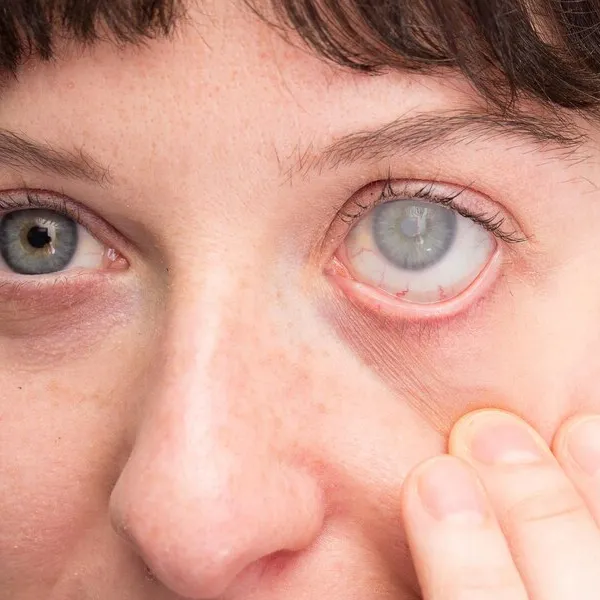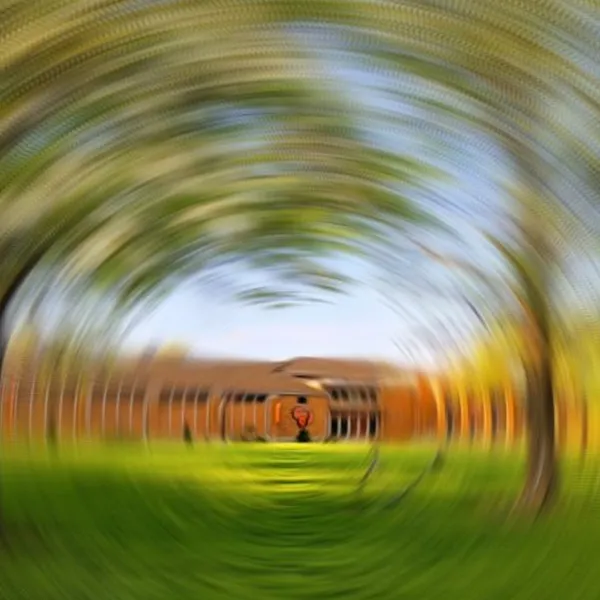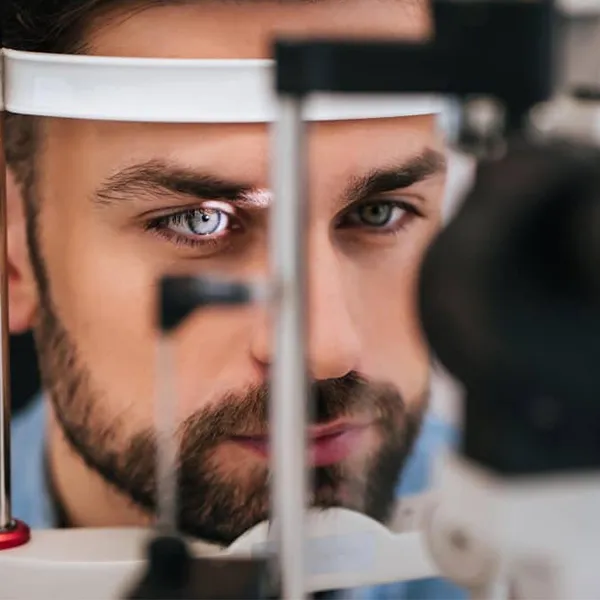
Advanced Glaucoma Treatment at Drishti Eye Hospital
Are you seeking comprehensive glaucoma treatment in Chandigarh for yourself or a loved one? Drishti Eye Hospital offers expert care tailored to your needs. Our dedicated team of professionals is focused on providing the best treatment for those affected by glaucoma, ensuring prompt and effective intervention for this serious eye condition.
Call to ask any question +91-708-7219008

Dr. Ashok Gupta
(Chairman and founder)Glaucoma Overview
Glaucoma is a serious eye condition where the optic nerve gets harmed over time, causing gradual loss of vision. High eye pressure is a big factor here. When the drainage system in the eye doesn’t work properly, fluid builds up, creating pressure that damages the optic nerve. This nerve connects the eye to the brain. Unfortunately, once the nerve is damaged, it leads to permanent vision loss.
At first, you might not even notice the loss of vision because it usually starts at the edges and slowly moves toward the center. It can take quite some time before you realize something is wrong, sometimes even years. Sadly, once the vision is gone, it’s gone.

Types of Glaucoma
There are two main types of glaucoma
Causes of Glaucoma
Glaucoma occurs when the fluid in your eye, known as aqueous humor, doesn’t properly drain due to a blockage in the drainage channels or an overproduction of fluid. In some cases, the exact cause of this blockage isn’t clear, but it can be hereditary, meaning it’s passed down from parents to children.
Other uncommon causes of glaucoma include physical or chemical eye injuries, serious eye infections, clogged blood vessels in the eye, and certain inflammatory disorders. While rare, glaucoma can also develop as a result of eye surgery done to address another condition. Typically, both eyes are affected, though one eye may be more severely impacted than the other.

Symptoms of Glaucoma

Patchy blind spots

Tunnel vision

eye pain

Nausea and vomiting

Blurry vision

Seeing halos

Redness in the eyes

asymptomatic
Risk factors for developing glaucoma
Treatment Options For Glaucoma
Eye drops are typically the first course of action, aimed at reducing eye pressure by either decreasing fluid production or improving drainage. It's important to use these drops as prescribed, even though they may cause temporary side effects like stinging, redness, or blurred vision. Some medications might also have rare side effects like changes in pulse rate or breathing. Never stop or change a medication without consulting your ophthalmologist. Regular eye exams are vital to monitor any changes.
Laser surgery can be effective for certain types of glaucoma. For chronic open-angle glaucoma, laser trabeculoplasty can help reduce reliance on medication. In angle-closure glaucoma, laser iridotomy is performed to facilitate fluid flow.
In advanced cases, surgery like trabeculectomy may be necessary to control glaucoma. This procedure creates a new drainage channel to lower eye pressure. If surgery isn't successful, special glaucoma valves can be implanted. Fortunately, serious complications are rare, and surgery is only considered if medication fails to prevent optic nerve damage.
FAQs
Glaucoma surgery is highly advanced and plays a crucial role in safeguarding vision, even in cases of severe glaucoma. Nonetheless, just like any other surgery, there are some inherent risks involved. Common risks associated with new glaucoma treatment include the development of cataracts, corneal issues, low intraocular pressure, and potential vision loss.
There isn't a one-size-fits-all answer to the best surgical intervention for managing glaucoma. Your eye doctor will assess your symptoms and the severity of your condition to determine the most suitable treatment option for you.
Recovery duration post-glaucoma surgery varies depending on factors such as the extent of the condition and the type of surgery performed. For most patients, eye pressure normalizes within 1-2 weeks, allowing them to engage in light activities like reading and watching TV. Full recovery typically takes 4-6 weeks, during which strenuous activities should be avoided to prevent eye strain.
Generally, glaucoma-related vision loss is permanent. However, in rare cases where additional eye issues like cataracts are present, surgery may lead to slight improvements in vision.
Glaucoma surgery in Chandigarh typically costs between Rs. 35,000 to Rs. 60,000. However, this estimate can vary based on factors such as the severity of the patient's condition and additional required treatments.
Unfortunately, any vision loss resulting from glaucoma is typically irreversible. Regular eye examinations by glaucoma ophthalmologists are crucial for early detection and treatment to preserve remaining vision and prevent further deterioration. Low-vision rehabilitation services may also help individuals cope with severe vision loss caused by glaucoma.
Yes, most major health insurance policies in Chandigarh cover glaucoma treatment. This coverage is essential because untreated glaucoma can cause irreversible damage to the optic nerve, potentially resulting in permanent vision loss if not promptly addressed.
Yes, infants can suffer from glaucoma, known as congenital glaucoma, which manifests with symptoms such as bluish or watery eyes and sensitivity to light (photophobia). This condition often occurs in children born to closely related parents (such as cousins) and requires immediate attention to prevent permanent blindness.
Glaucoma cannot be entirely cured or eliminated, but its symptoms can be managed effectively through medications and surgery. Further worsening of vision may be halted.
While glaucoma surgery effectively controls eye pressure and manages the condition, it does not eradicate glaucoma. Proper post-operative care and precautions are essential to prevent recurrence.
Glaucoma is a progressive condition that often worsens over time. While medications can help manage it mostly, surgery is often the last option.


